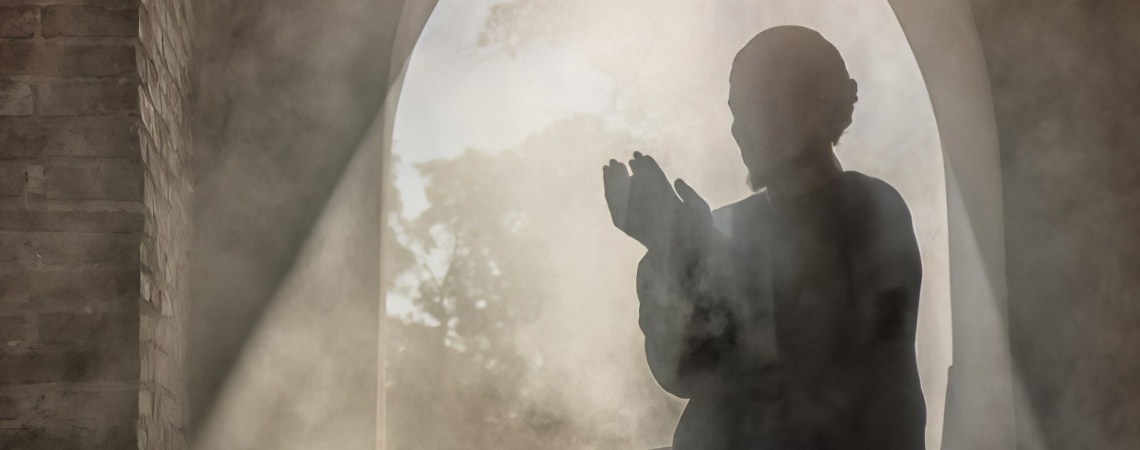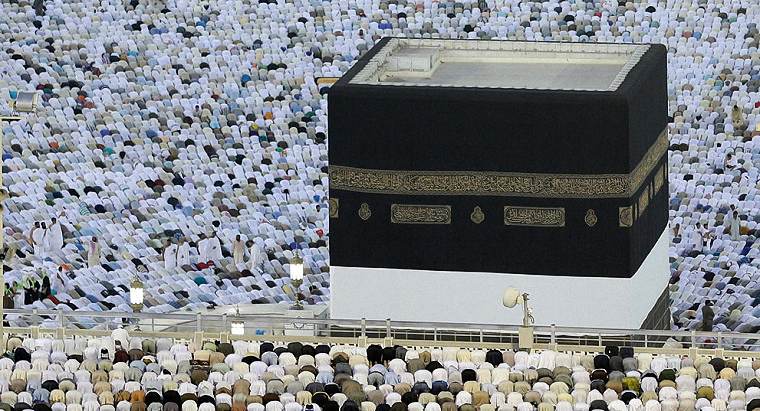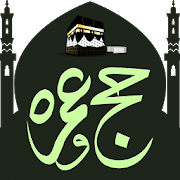
- August 28, 2019
- 725 views
- Author: Ilyas Nassief
- Category: Articles
- No Comments
Remembrance (dhikr) of Allah is one of the most important types of worship. By remembering Allah, a believer attains goodness from Allah and diverts harm from himself. I would like to remind all of the readers that there is a difference between du’a (supplication/ asking of Allah) and dhikr (remembrance of Allah) Many scholars including Ibn Qayyim (may Allah have Mercy on him) have mentioned that remembrance of Allah is better than du’a because dhikr is praise of Allah by His most beautiful names and attributes whereas du’a is asking for one’s needs. That is why, from the fiqh or understanding of the method of making du’a is that a person praises Allah before asking for his need. The following are some quotes of translations from the Qur’an and Sunnah which show the importance of dhikr.
Allah has commanded us, not just to remember Him, but to do so in abundance.
In a hadeeth Qudsi, Abu Hurayra narrated that the Prophet ﷺ said:
This tremendous narration illustrates to us the fact that Allah the Most High is keenly aware our existence and deeds and in addition to that, it is a reminder of the importance of remembering Allah and having a good opinion of our Lord and Creator. This sacred hadeeth also shows us how generous Allah is and that He gives in return for our deeds more than we are able to give to Him. In another authentic hadeeth on the authority of Abu Musa al Ash’ari, the Prophet ﷺ said
This narration shows the virtues of remembrance of Allah and that it is the difference between the living heart and the dead heart. In another narration which is part of a longer hadeeth that was narrated by Abu Hurayra: The Prophet ﷺ said:
This narration shows some of the tremendous rewards for the ones who gather to remember Allah. The four benefits that are mentioned in the hadeeth are that firstly that tranquility descends on them. Sheikh Saleh al ‘Uthaymeen in his explanation of this hadeeth of A Riyadh a Saaliheen said:
I should mention here that what is meant by remembering Allah in a gathering is not the innovated practices that have come into the deen such as reciting dhikr like “Allah” “Hu” and other than that in congregation, but rather it is studying and learning the Qur’an, or discussing and listening to a scholar or student of knowledge explaining the meanings of the Qur’an or other topics related to the deen of al Islam since all of these are derived from the Quran, so this is included in the meaning.
What an immense reward! The pleasure of Allah is so great because such gatherings, especially in our times are so difficult for people to attend. Our jobs, family, problems and general distractions from the internet, people and the ups and downs of life make it more of a struggle than ever these days for us to go to a masjid and remember Allah. It is indeed a form of the struggle against the nafs and base desires.
In addition the aforementioned benefits mentioned in this hadeeeth, remembrance of Allah is life and guidance. Through the guidance of Islam, a believer is able to navigate through the chaos of doubt and ignorance that is so prevalent in our surroundings and to distinguish between truth and falsehood. Allah said; (translation)
A poet said:
- Forgetfulness of the dhikr of Allah is the death of their hearts
- And their bodies are buried before the graves
- Their souls are in solitude from their bodies
- And there is no resurrection for them even in the resurrection
So what really is dhikr? Dhikr is any of the legislated ways of remembering Allah such as saying; subhaanallah, al hamdulillah, allahu akbar, saying astaghfirullah, bismillah and all other sayings in which Allah is mentioned and praised.
These ways of remembering Allah can also be divided into three categories. These are:
1.-. With the tongue
2.-. The heart
3.-. The body parts.
Dhikr of the tongue is to say things where Allah’s name is mentioned and dhikr of the heart is to ponder on the creation of Allah.
Dhikr of the body parts is to do the actions that are pleasing to Allah and refrain from disobeying Him such as walking to do something forbidden or looking or refraining from looking at something forbidden. The following are a few of the benefits to be derived from dhikr.
1… Allah remembers us.
2… Allah’s forgives those who remember Him.
3… Cleanliness of heart (guidance).
Ibn Qayyim mentions in his book al Waabil as Sayyid
May Allah the Exalted make us of those who remember Him in abundance.








